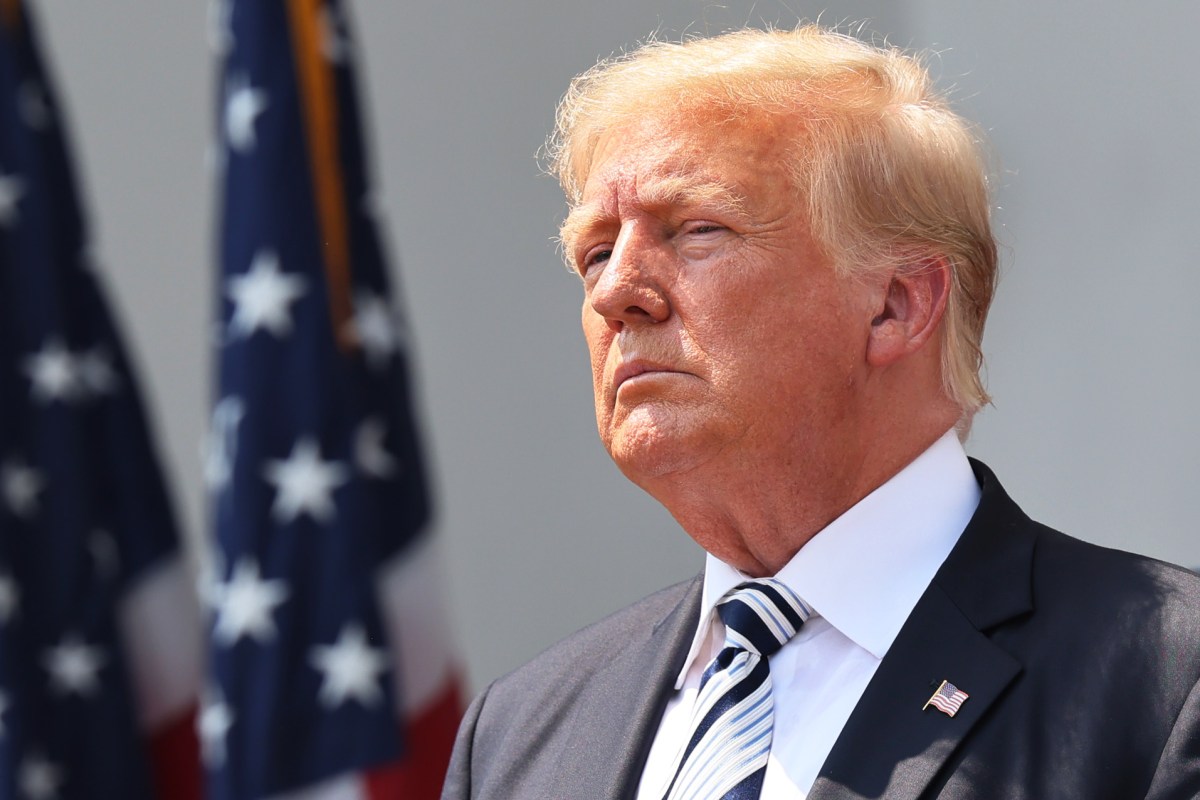Trump Grants Automakers 30-Day Tariff Break to Shift Operations from Canada and Mexico to the US
President Donald Trump has announced a one-month delay on tariffs for automobile imports from Canada and Mexico, responding to requests from major automakers, including General Motors, Ford, and Stellantis. This decision is part of the ongoing efforts to encourage manufacturers to shift operations back to the United States.
Overview of the Delayed Tariffs on Automobile Imports
The postponement of tariffs, which was first reported by Politico, comes shortly after Trump implemented a 25% tariff on all goods from neighboring countries, previously duty-free under the United States-Mexico-Canada Agreement (USMCA). This agreement, often referred to as NAFTA 2.0, was negotiated during Trump’s first term. Automakers that comply with the USMCA will be exempt from these tariffs, as reported by The Wall Street Journal.
Impact on the Automotive Industry
Many automakers, particularly the Big Three, rely on complex supply chains with numerous manufacturing facilities located in Mexico and Canada. For instance:
- General Motors produces the Chevy Equinox in both Mexico and Canada.
- Ford manufactures the Lincoln Nautilus SUVs in Ontario.
- Stellantis produces Dodge Chargers in Canadian facilities.
With car prices already at historic highs, the introduction of these tariffs could increase vehicle costs by as much as $12,000, according to Jeff Schott, a senior fellow at the Peterson Institute for International Economics. This price surge may lead to decreased demand as consumers find vehicles unaffordable.
Manufacturers’ Response to Tariff Delays
During a recent address to Congress, Trump urged manufacturers to relocate their operations to the U.S. White House press secretary Karoline Leavitt stated that Trump expects GM, Ford, and Stellantis to shift production stateside before the tariffs take effect at the end of the month. She quoted Trump, saying, “He told them that they should get on it.”
However, Ford CEO Jim Farley expressed concerns regarding production capacity during an investor meeting last month. He acknowledged that Ford could manage short-term tariffs but warned that prolonged tariffs could severely impact the U.S. automotive industry.
Current Manufacturing Landscape
As of February, nearly half of all new vehicles sold in the U.S. were manufactured domestically. However, statistics from Edmunds.com reveal that 17.4% of these vehicles were built in Mexico, and 7.4% in Canada.
In response to the ongoing changes, Ford released a statement emphasizing its commitment to investing in the U.S. workforce and ensuring compliance with the USMCA. “Since President Trump’s successful USMCA was signed, Ford has invested billions in the United States and committed to billions more in the future,” the statement reads. “We will continue to have a healthy and candid dialogue with the Administration to help achieve a bright future for our industry and U.S. manufacturing.”
This article has been updated with insights from the White House press secretary and an official statement from Ford.







